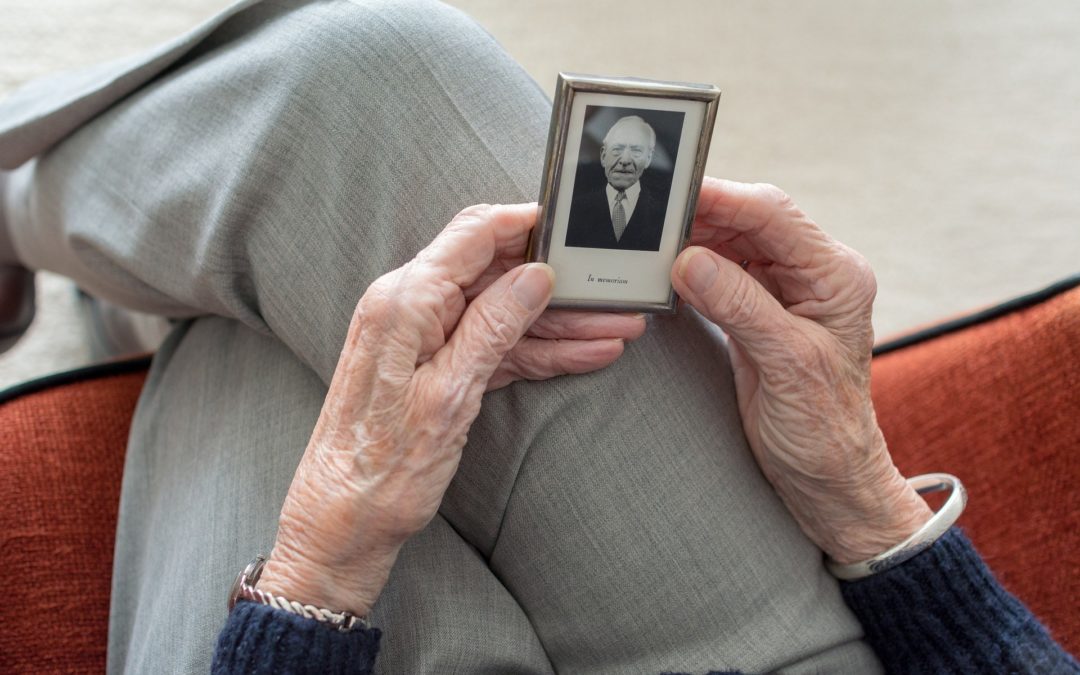A dementia or Alzheimer’s diagnosis of a loved one can be devastating to a family, the disease itself is often misunderstood and the prognosis unclear. It is natural to want to find a cure to aid the suffering of a loved one, or lessen the discomfort in some way – however, searching the internet can result in only more confusion and possibly false hope. It is important to stay realistic about the disease, and speak to the doctor who is responsible for your family member’s care to ensure that you start them on a course of treatment as soon as possible that can actually help them lead the best life possible.
Unfortunately there currently is no cure for dementia or Alzheimer’s disease, although there are a lot of ongoing studies trying to understand the cause of the disease and the best ways to treat, cure, and accurately screen for it. There are, however, several ways to slow down the progression of the disease. These methods are backed up by several studies and should be carried out by trained carers in a dedicated facility that specialises in dementia care or other diseases that cause memory impairment.
Slowing down the progression of the disease
Cognitive stimulation therapies have been hailed as the leading method of treatment for people living with dementia or Alzheimer’s, because of its beneficial effects on memory and thinking. The idea behind cognitive stimulation is to stimulate thinking, memory and social interaction to delay the progression of the disease. In 2011, the World Alzheimer’s Report recommended that cognitive stimulation be routinely offered to those diagnosed with early stage dementia.
A systematic review by Cochrane researchers (published in The Cochrane Library) included 15 randomised controlled trials with 718 patients. Their treatment included cognitive therapies that ranged from word games, music, baking, to discussions with carers, all designed to stimulate their cognitive abilities. The patients who received cognitive stimulation therapies scored significantly higher in cognitive function tests, which specifically measure improvements in memory and thinking in people with dementia. The effects of their therapy could even be seen up to 3 months later. Not only did the therapies improve their cognitive function, but it also had a positive effect on their social interaction, communication and general quality of life.
Cognitive stimulation activities
People living with dementia or Alzheimer’s tend to withdraw from social interactions and normal daily activities, which only worsens their condition due to lack of cognitive and physical stimulation. Which is why it is so important to add it to their daily routine with plenty of patience and gentle encouragement. Carers can introduce some of these activities in the care of their loved one, however it is always best for a trained professional such as specialised carers or occupational therapists in a dedicated dementia care facility to carry out such treatments.
Cognitive stimulation therapies include activities that encourage self expression, making emotional connections with others, reduce anxiety, create engagement, and help stir memories. The AARP.org highlights that it is important to create meaningful activities for your loved one, rather than simply trying to pass the time – which includes considering interests that they had in the past (modified for their safety).
Examples of these activities include music and crafts, sports and exercise, board games, library visits and outings, yoga, baking, gardening, woodwork, and more. Livewell Villages offers a diverse programme of over 30 memory care related activities that are personalised to each resident. An Occupational Therapist develops a personal activities programme based on your loved one’s history and needs, and specially trained Memory Care Companions assist them every day with these activities.
Medication management
While there is no miracle drug to cure dementia, there are some medications that can temporarily improve or at least help treat the symptoms. Certain medications can boost the levels of the chemicals that are involved in memory, judgment, and learning. While others help with the treatment of the symptoms that go hand-in-hand with dementia, such as depression, sleep disturbances, hallucinations, parkinsonism, or agitation.
People with memory impairment struggle to remember to take their medication regularly, and are at risk of overdosing or underdosing, which can be extremely dangerous. Specialised dementia care facilities, such as Livewell Villages, offer medication management solutions that ensures your loved one gets the correct dose every day.
We understand that families want the best possible care for their loved ones, which is why we strongly recommend that they are cared for by trained professionals in a specialised individual dementia care facility where cognitive therapies and medication management are just one part of a specialised dementia care approach.
